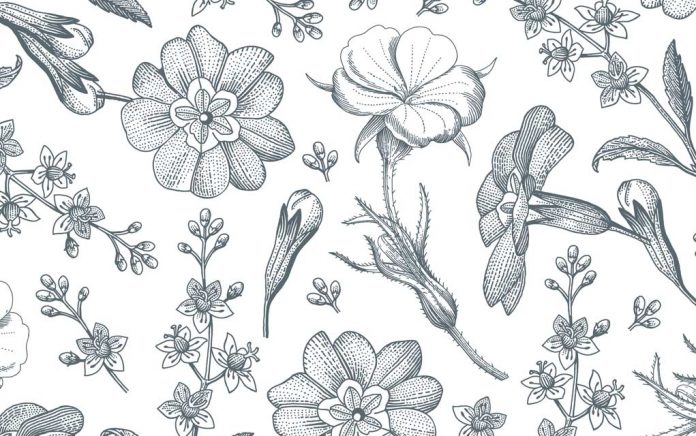
Diet
- Eat frequent small meals throughout the day instead of the usual 3 large meals.
- Drink more spring or purified water to help dilute acid excess.
- Therapeutic vegetable juices include carrot, spinach, beet, cucumber, parsley, celery, cabbage, and potato. These should be used liberally throughout the day (2 quarts daily).
- Raw potato juice just before breakfast can help with acid regurgitation.
- Avoid red meat, alcohol, hot sauces, spicy and fried foods, added salt, caffeine products, sugar, and refined carbohydrate products.
Instead of Aspirin
If you use aspirin, replace it with white willow bark capsules. At least this will not further aggravate the discomfort.
Food Sensitivities
A large number of people suffer from hyperacidity because of an allergy to milk protein (casein) or gluten found in most grains. Food allergy or sensitivity testing might be a good idea in the more stubborn cases that fail to respond to other diet and supplement changes.
Supplements
Supplements that have a healing effect against H. pylori include:
- Garlic
- Wild mountain oregano oil
- Berberine
- Lactobacillus acidophilus and other probiotics
- Bovine colostrum
- Essential fatty acids-flax seed oil, cod liver oil, salmon oil, evening primrose oil, borage oil
- Licorice root tincture or herbal tea*
- Choline
- Lecithin
- PABA
- Bismuth
- Bentonite
- Goldenseal
- Slippery elm
- Digestive enzymes
- Burdock
- Manuka honey
- Ginger root
- Mastic gum
- Aloe vera juice
* It should be noted here that the long-term use of licorice could elevate blood pressure in some sensitive individuals. The glycyrrhetinic acid component of licorice is what is responsible for this potential side effect. The best way of getting around this problem and still take advantage of licorice’s ability to protect the gastrointestinal lining from acid irritation is to use deglycyrrhizinated licorice (DGL). Many herbal brands manufacture DGL lozenges or chewable tablets. This supplement is widely available at most health food stores and pharmacies specializing in natural remedies.
The herbal combination of burdock, slippery elm, Turkish rhubarb, and sheep sorrel (Essiac or Flor•Essence) can be effective for a wide range of gut problems, including:
- Hiatus hernia
- Duodenal ulcers
- Gastritis
- Colitis
- Crohn’s disease
- Non-specific indigestion
- Irritable bowel syndrome
- Hemorrhoids
- Bowel infections
This herbal tea can be used alone or in combination with DGL, aloe vera juice, or prescription medications in more resistant cases. Check with your doctor or naturopath for a personalized treatment regime.
REFERENCE: Physicians' Desk Reference 2005. Montvale, NJ: Thomson Healthcare, 2004.










